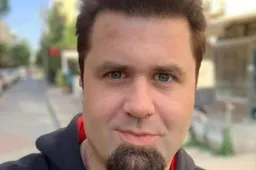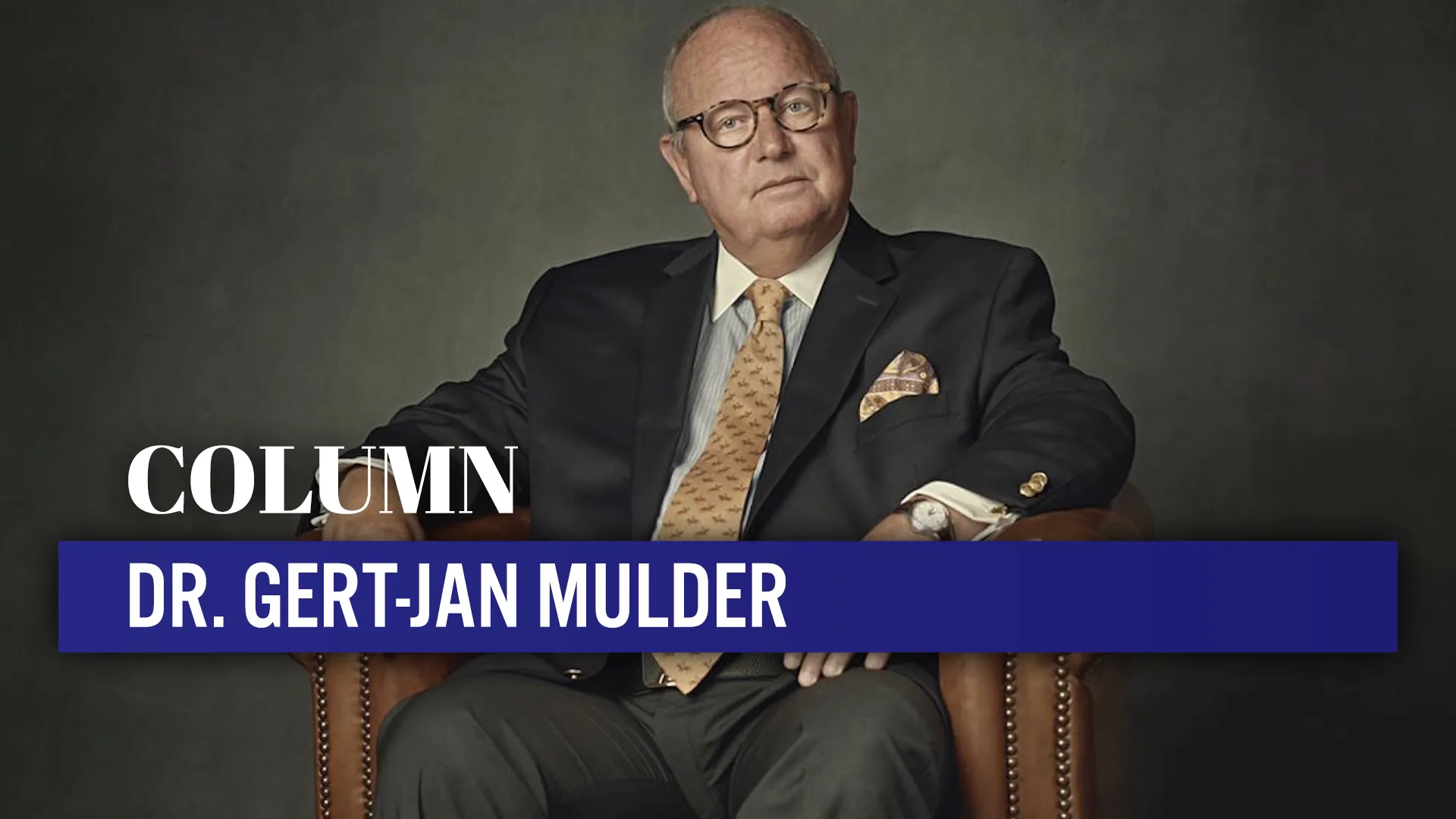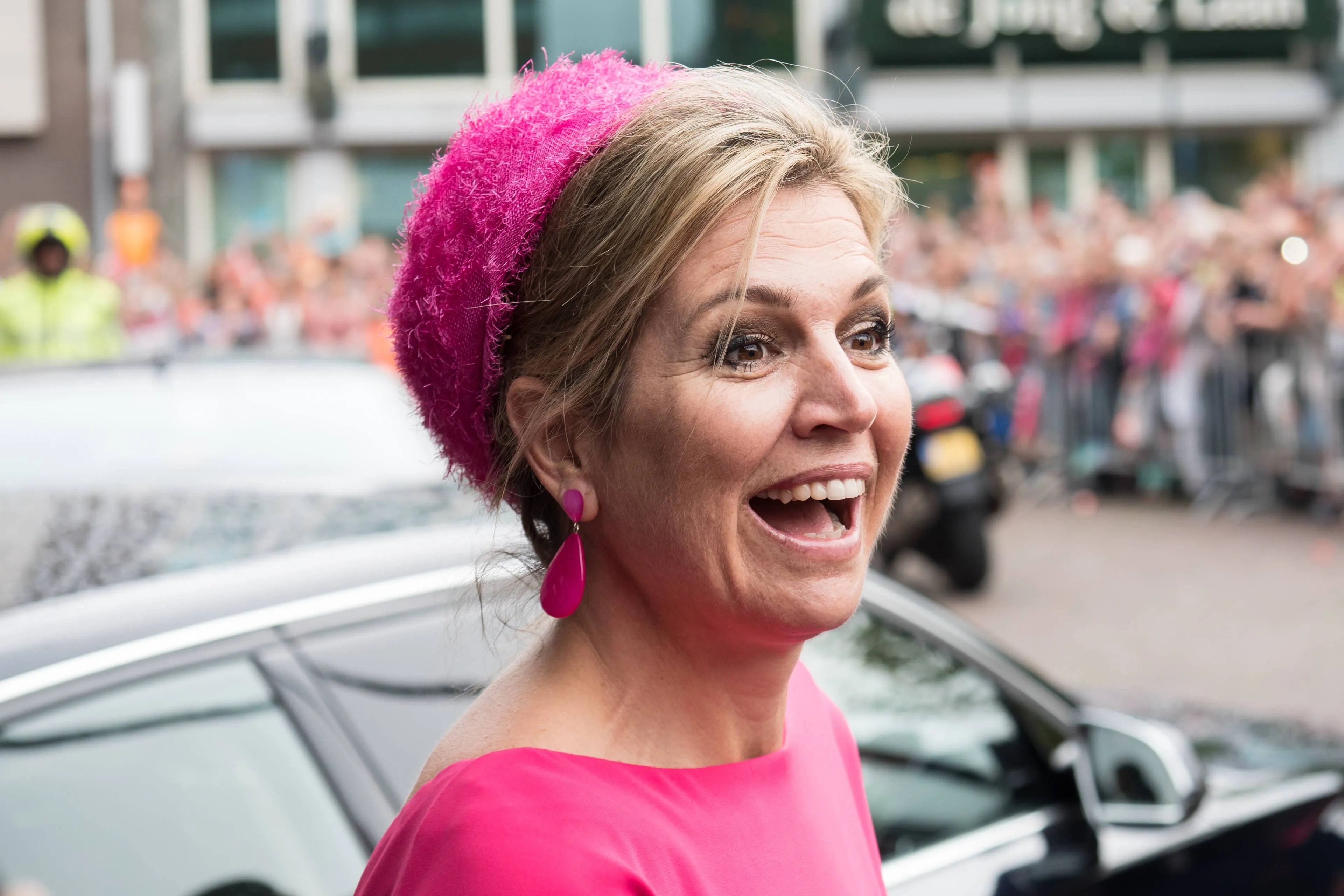Orban: van liberaal tot Poetin-achtige autocraat
The "end of liberal democracy" speech, as it has been dubbed by Hungary's opposition media, caps years of wrangling between Orban and European Union officials over measures that critics say have removed democratic checks and balances and have cemented the prime minister's control over key institutions. In the span of a few short years, using his party's two-thirds parliamentary majority, Orban has passed a new constitution and restrictive media laws, limited the powers of his country's Constitutional Court, introduced an election law that led critics to call polls this April "free but not fair," and installed party loyalists in all important state bodies, including the central bank. There are fears that the "Putinization of Hungary" is occurring -- a concern that carries all the more weight given Orban's increasingly cozy relationship with Moscow.
For some who have known Orban longer than his recent years as prime minister, however, his speech marks something more: the final step in a steady tumble from his once-elevated status among Central Europe's most promising democratic reformers to one of Europe's most worrisome autocrats.



